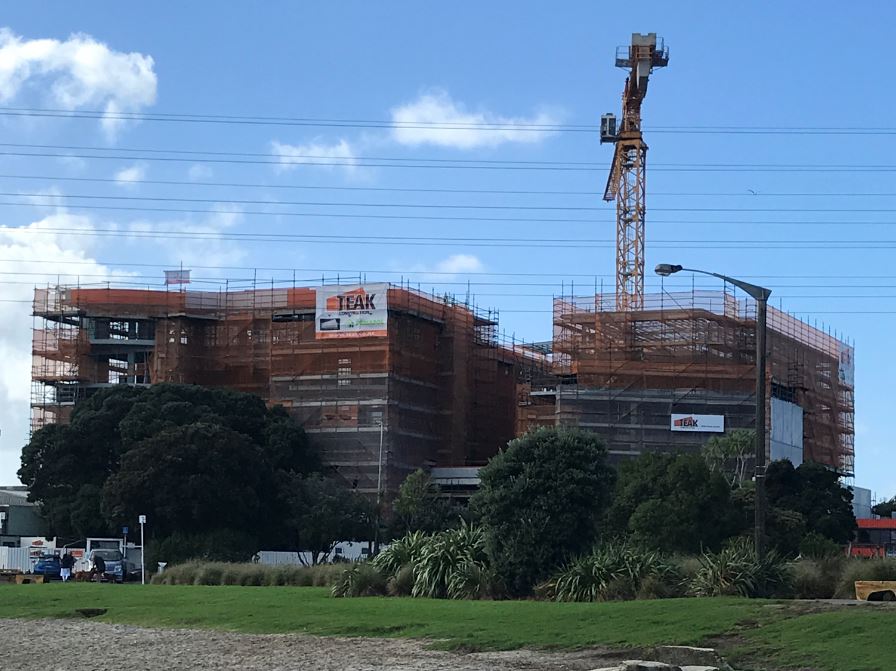Have your say – new policy could change housing zones around city2 min read
Reading Time: 2 minutesA new government policy which aims to improve housing affordability, is directing councils to allow for more intensification in key areas. Although Onehunga is not on the current location list, everybody is urged to have their say on any changes to the Unitary Plan next year.
The National Policy Statement on Urban Development (NPS-UD) overrides the Council’s Unitary Plan in terms of hierarchy. It requires Auckland Council to allow up to six-storey buildings within a 15-minute walk of the CBD and a 10-minute walk of metropolitan centres. The 10 metro centres are: Albany, Botany, Henderson, Manukau, Newmarket, New Lynn, Papakura, Takapuna, Sylvia Park and Westgate/Massey North.
Currently, Onehunga has not been earmarked as a metro centre, because the Onehunga Branch Line is not considered rapid transit; it’s “not planned to reach the frequencies required to be rapid transit,” according to Council. However, local resident, former Local Board chair, and current member of Auckland Council’s Heritage Advisory Panel, Bridget Graham, urges the community to have their say when they can.
Bridget says the changes could have a significant impact on Onehunga if it became an area for more intensive housing under this policy. She believes it is a shame it overrides the Unitary Plan, which was years in the making, with thousands of submissions. She understands the need for more housing to cope with population growth, but would like to ensure that all the areas currently earmarked for development are being utilised before other areas are added.
So far, Auckland Council’s Planning Committee has released proposed approaches for implementing the government policy. These proposed approaches will guide further work to prepare for public engagement on changes to the Auckland Unitary Plan in August 2022.
The Council must, by law, implement the policy, though it does allow for ‘qualifying matters’ – the characteristics that may modify required building heights in some areas where it’s justified and the evidence is robust enough. These include items of national significance in the Resource Management Act, such as protecting historic heritage and the relationship of Māori to their ancestral lands and taonga.
“Aucklanders will have opportunities to have their say. We are currently exploring options for initial public feedback on what council proposes and there will be formal public consultation on changes to the Auckland Unitary Plan in August 2022,” says Megan Tyler.
(The Beachcroft Residences are an example of the sort of high-rise housing that could increase in some Auckland suburbs)



